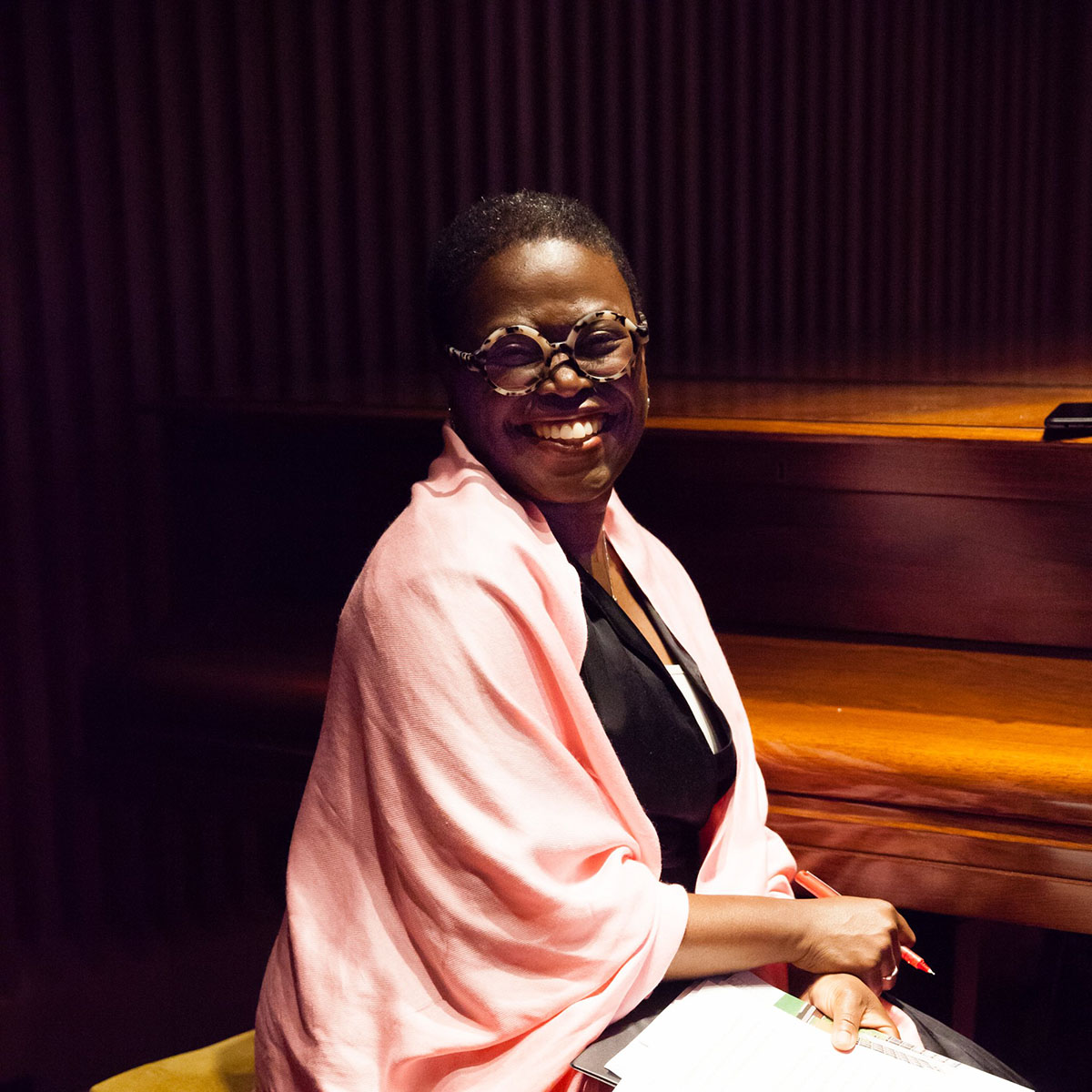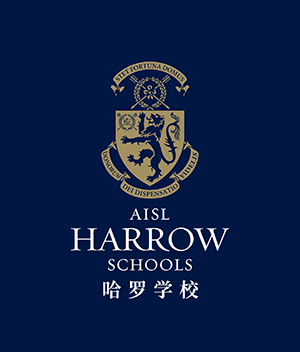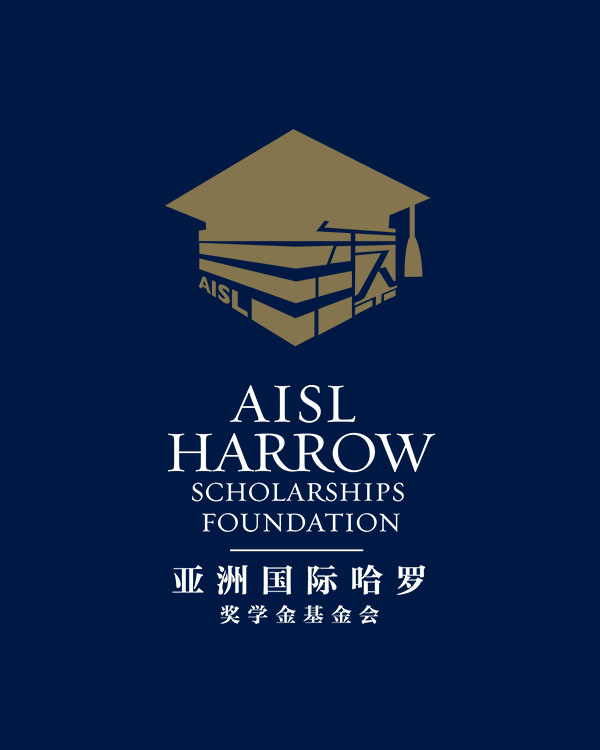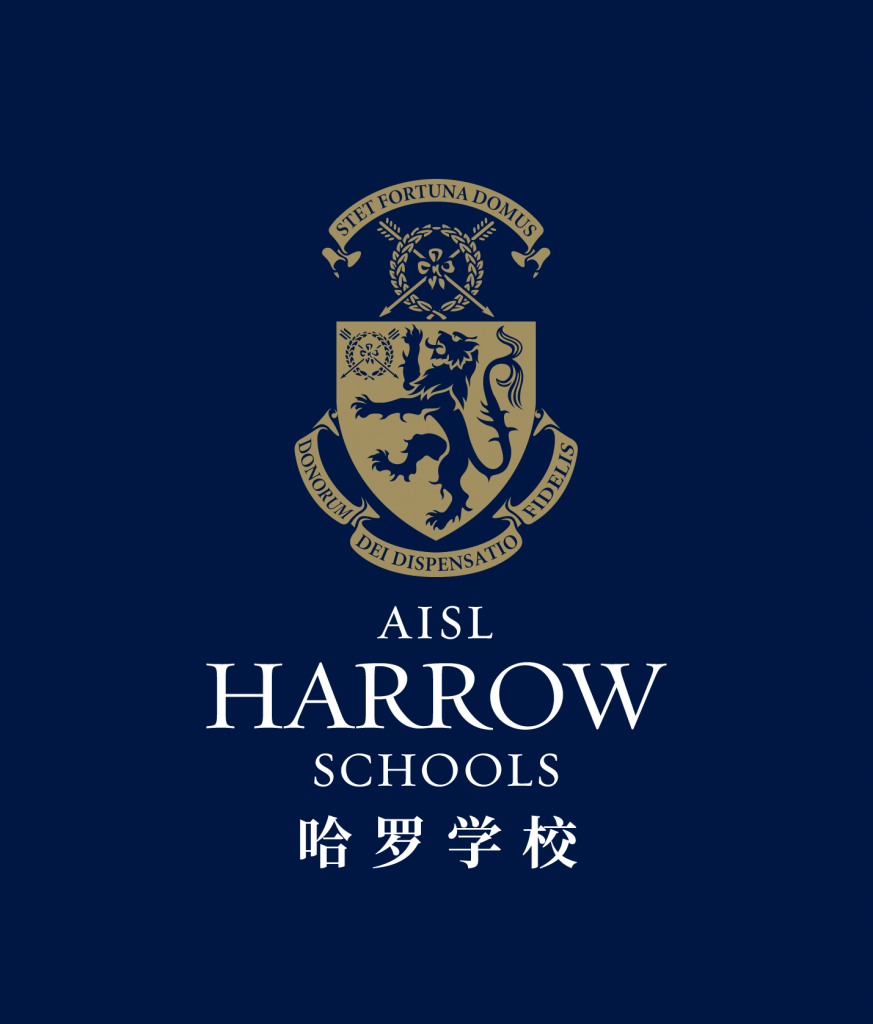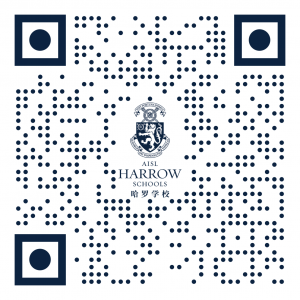In this blog, we are going to be exploring different degrees, and the key question is what do these different degrees mean? By this stage, you will already have explored university with your young person as a realistic option for them after high school. We are going to be looking at six of the qualifications, that you may have already come across.
1. Bachelor of Arts (BA)
This qualification covers what we regularly think of as the humanities. These are subjects such as languages, English, History and many more. These qualifications allow your young person to have a broader approach to their career, as these degrees do not directly lead to a specific job. It is important that if your young person isn’t sure what they’d like to do at university, that they consider a Bachelor of Arts degree.
2. Bachelor of Science (BSc)
If your young person is thinking about being a scientist in the future, and the BSc is a foundational degree for them, it will allow them to study at Masters level. BSc covers many of the Science we know, and allows them to further develop the skills already learnt at secondary or high school level. The BSc is a lot more focused and is really for those who are keen to build a career in the sciences.
3. Bachelor of Education (BEd)
The Bachelor of Education is for young people who are interested in working in the education sector, that could be as a teacher or a researcher. Bachelor of Education degrees often involve placements at learning institutions. They may or may not include a teaching qualification, which may have domestic or international requirements. If a young person is interested in being an educator, then this is the degree for them.
4. Bachelor of Engineering (BEng)
This degree allows young people who are committed to engineering
to study engineering intensely for three or four years. Engineering degrees should be accredited by an external body, which means that the degree that your young person studies will be recognised beyond the university and also in industry.
5. Bachelor of Laws (LLB)
This is a specific degree for young people interested in Law, and it offers a range of options, including a year abroad or studying Law with a language. It’s extremely important for your young person to research the different options available to them with the LLB. Students should also bear in mind that the law is different across regions and countries.
6. Bachelor of Medicine or Bachelor of Surgery (MB or ChB)
This is the most specific, perhaps, of all degrees, this definitely means that the individual is thinking of becoming a medical professional. There are specific requirements for applying for a Bachelor of Medicine or Bachelor of Surgery, often involving at least two sciences, and with Chemistry as requirement in the United Kingdom.
I hope that you found this informative and I look forward to delving into additional aspects of the university application process in upcoming blogs.
Source of Article:
This blog post is from the online course: Explore Degree Choices with your Teen: BA, BSc, BEd, BEng, LLB and MBChB, available at AISL Academy. Click here to learn more about AISL Academy.
